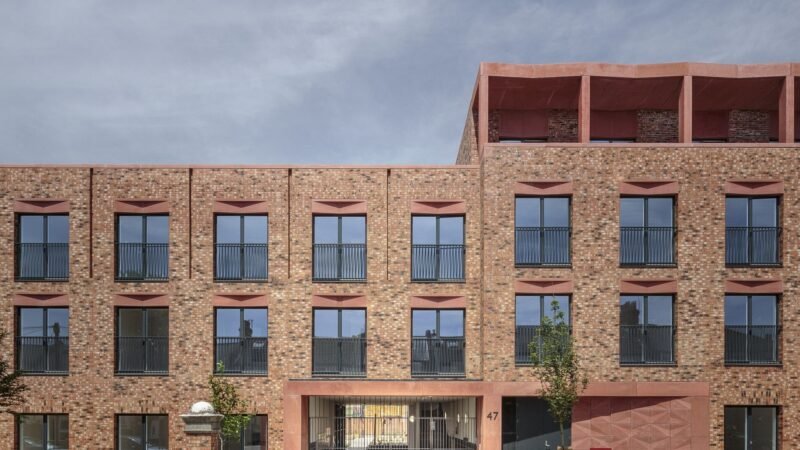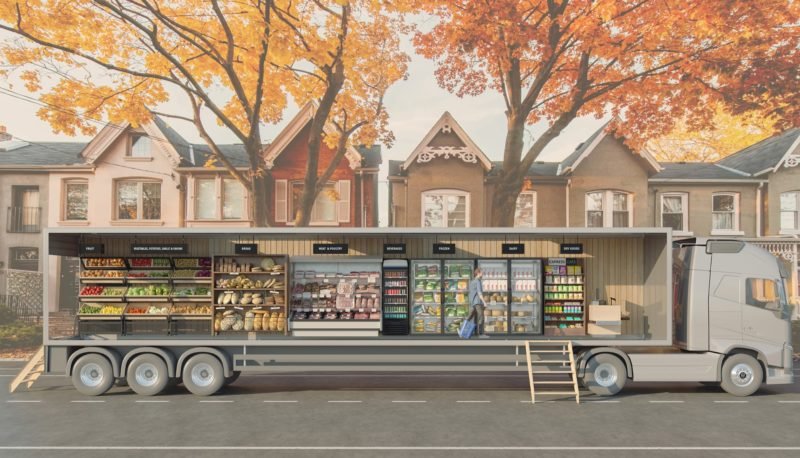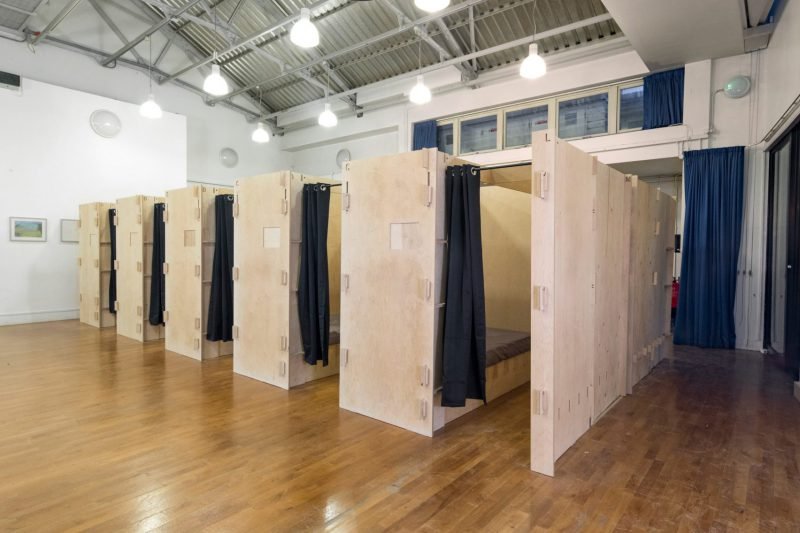Swedish Architects Propose A City On Wheels
Often, the obstacle to adapting spaces for new and different uses is the permanence and rigidity of the physical environment. Cities are planned for fixed uses and that is how they are accordingly built. The architects at Swedish firm Jägnefält Milton challenge this traditional urbanism in their redesign concept of Åndalsnes, a small Norwegian town.


The project is aptly titled ‘Rolling Masterplan’ as it transforms old industrial train tracks into a new form of infrastructure capable of supporting an entire city of mobile structures. The plan includes rolling houses, a hotel, a public bath, a park and even a rolling concert hall. This concept presents myriade possibilities for reconfiguration to allow urban spaces to adapt to different needs, which invariably change over time.

While this design was specifically created for the existing unused tracks in Åndalsnes, it does address much more widespread issues found in conventional town planning: division of functions, spatial segregation, mega-projects, etc. The dynamism and adaptability of the Rolling Masterplan speak to the fast-paced, mobile culture of contemporary societies. Hopefully, this is indicative of a shift in the perspectives of urbanists to incorporate more adaptability into their future plans and designs.



